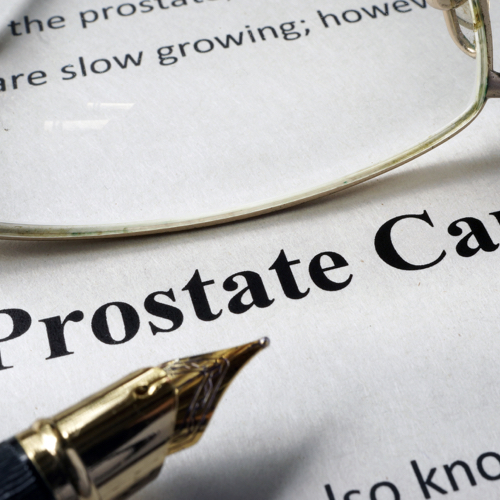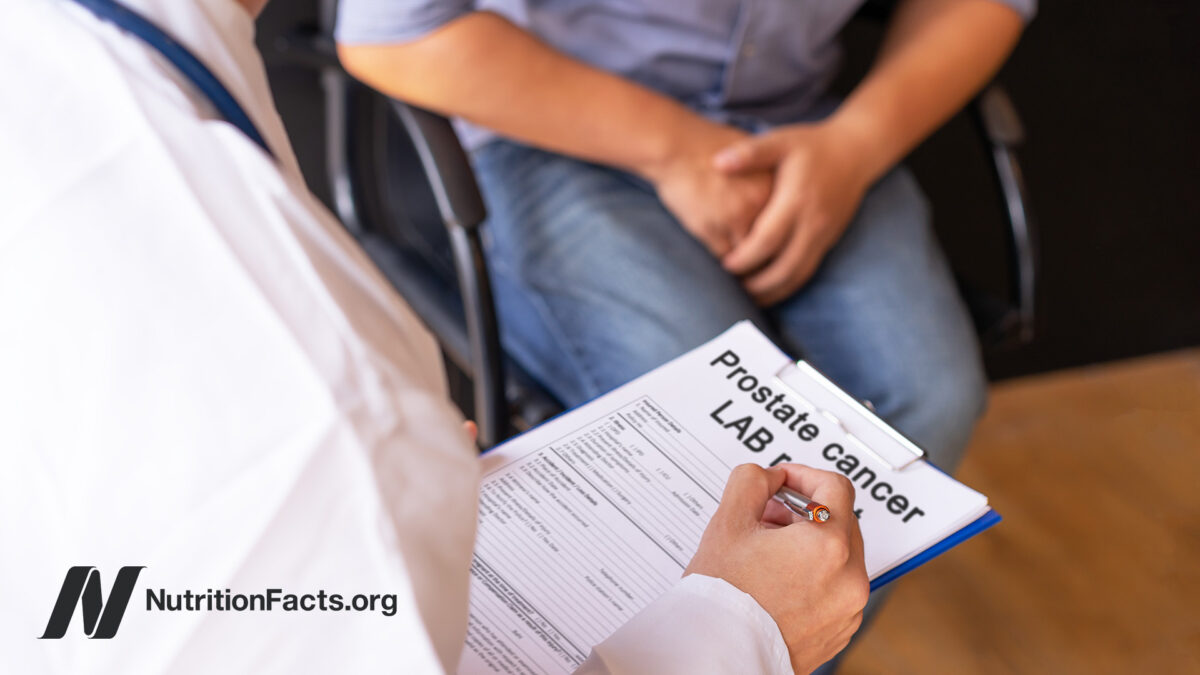
Prostate Cancer
Just as glandular breast tissue can become cancerous, so can glandular prostate tissue. Autopsy studies show that about half of men over the age of 80 appear to have prostate cancer, and most die without ever knowing they had it.
Does food factor into prostate cancer risk?
Harvard University researchers followed more than a thousand men with early-stage prostate cancer for several years. Compared with men who rarely ate eggs, men who ate even less than a single egg a day appeared to have twice the risk of prostate cancer progression, such as metastasizing into the bones. The only thing potentially worse for prostate cancer than eggs was poultry: Men with more aggressive cancer who regularly ate chicken and turkey had up to four times the prostate cancer progression risk. On the other hand, less than a single daily serving of cruciferous vegetables such as broccoli, brussels sprouts, cabbage, cauliflower, or kale may cut the risk of cancer progression by more than half.
Researchers suggest that the link between consuming poultry and advancing cancer may be due to cooked-meat carcinogens, such as heterocyclic amines. For unknown reasons, these carcinogens build up more in the muscles of chickens and turkeys than in those of other animals. But what cancer-promoting substance is there in eggs? The answer may be choline, a compound found concentrated in eggs. Higher levels of choline in the blood have been associated with increased risk of developing prostate cancer, and men who consume two and a half or more eggs per week—basically an egg every three days—may have an 81 percent increased risk of dying from prostate cancer.
Dairy, too, appears to play a role. A 2015 meta-analysis found that high intakes of dairy products—milk, low-fat milk, and cheese, but not nondairy sources of calcium—appear to increase total prostate cancer risk.
Dr. Dean Ornish and Pritikin Research Foundation researchers showed that the blood of people randomized to a plant-based diet group appeared dramatically less hospitable to cancer-cell growth than the blood of people in the control group who continued to eat their typical diet. The blood of people eating plant-based diets was shown to fight cancer about eight times better than those on the standard American diet, as well as suppress cancer cell growth by 70 percent, nearly eight times the stopping power compared to those on a meat-centered menu.
For substantiation of any statements of fact from the peer-reviewed medical literature, please see the associated videos below.
Image Credit: designer451 / Thinkstock. This image has been modified.
Popular Videos for Prostate Cancer

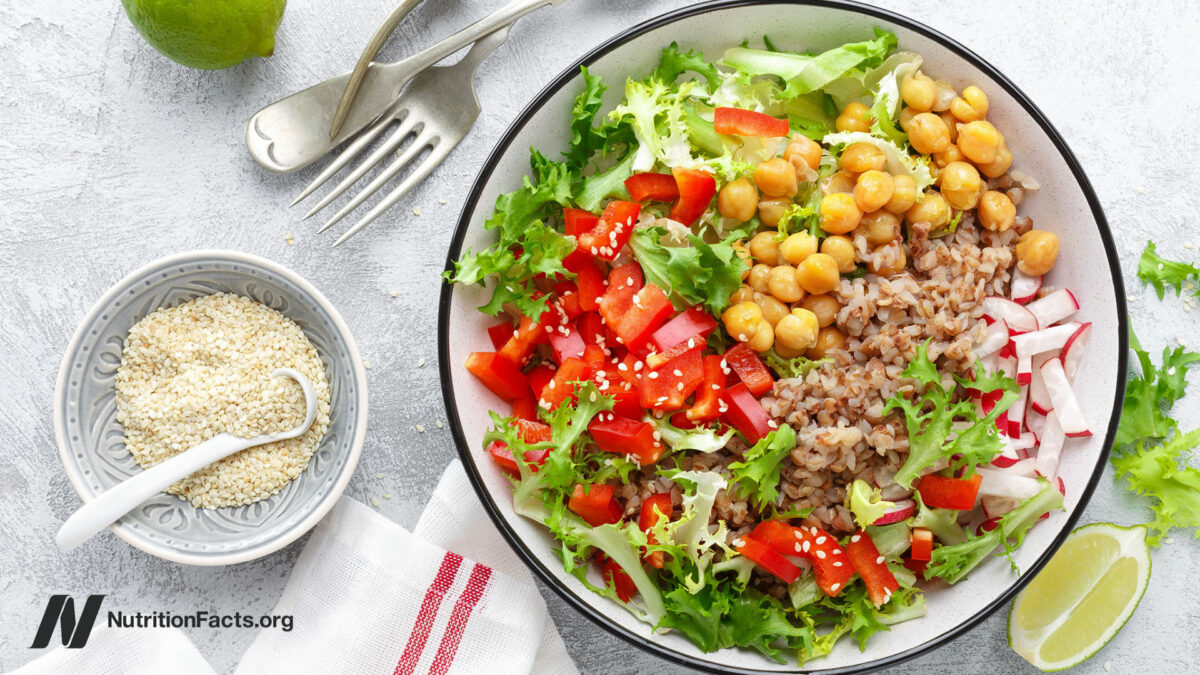
The Impacts of Plant-Based Diets on Breast Cancer and Prostate Cancer
Why do people who eat more plants get less breast and prostate cancer?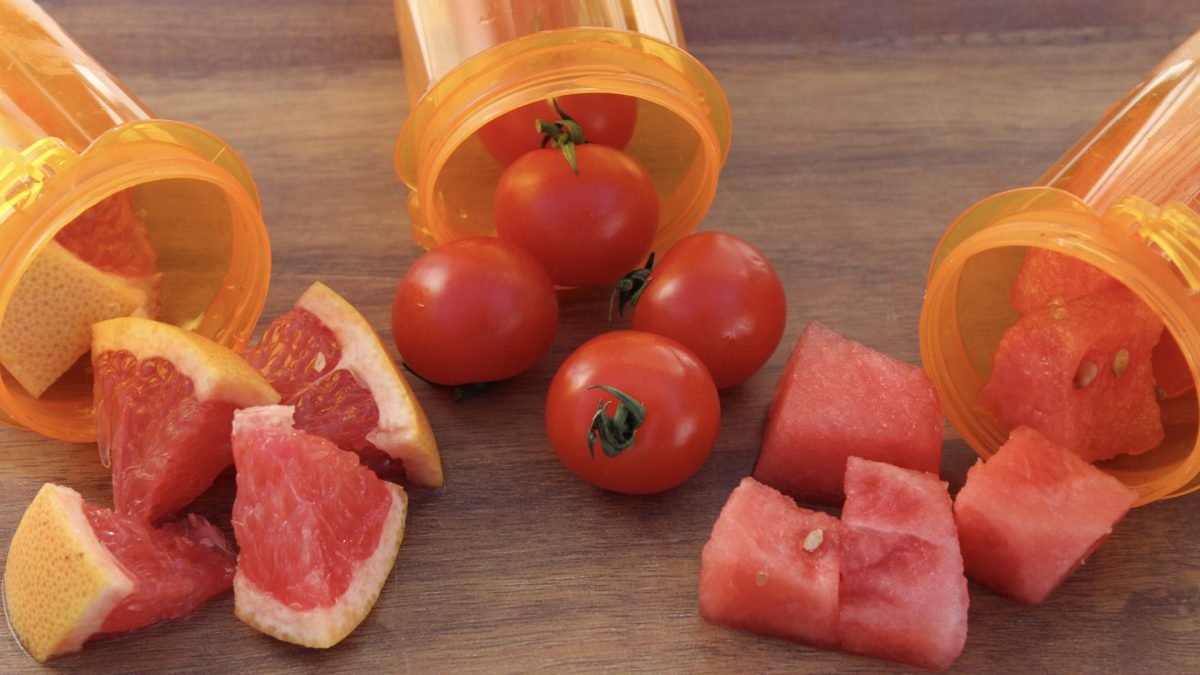
Lycopene Supplements vs. Prostate Cancer
High doses of lycopene—the red pigment in tomatoes—were put to the test to see if...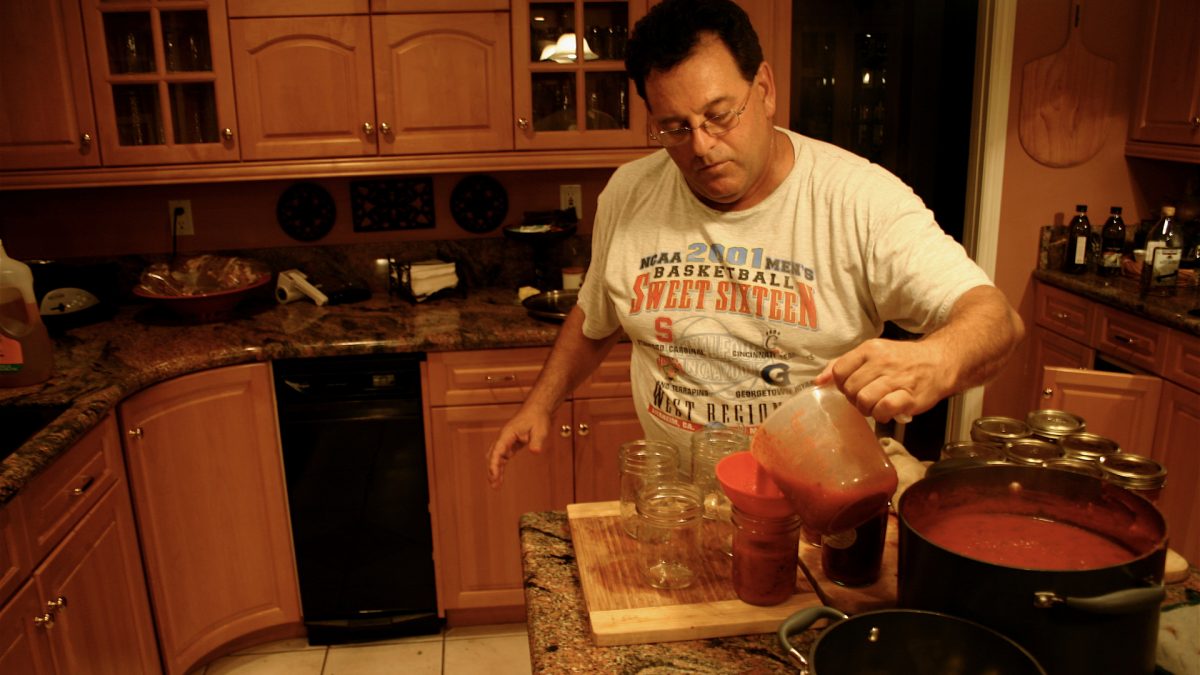
Tomato Sauce vs. Prostate Cancer
What happened when cancer patients were given three quarters of a cup of canned tomato...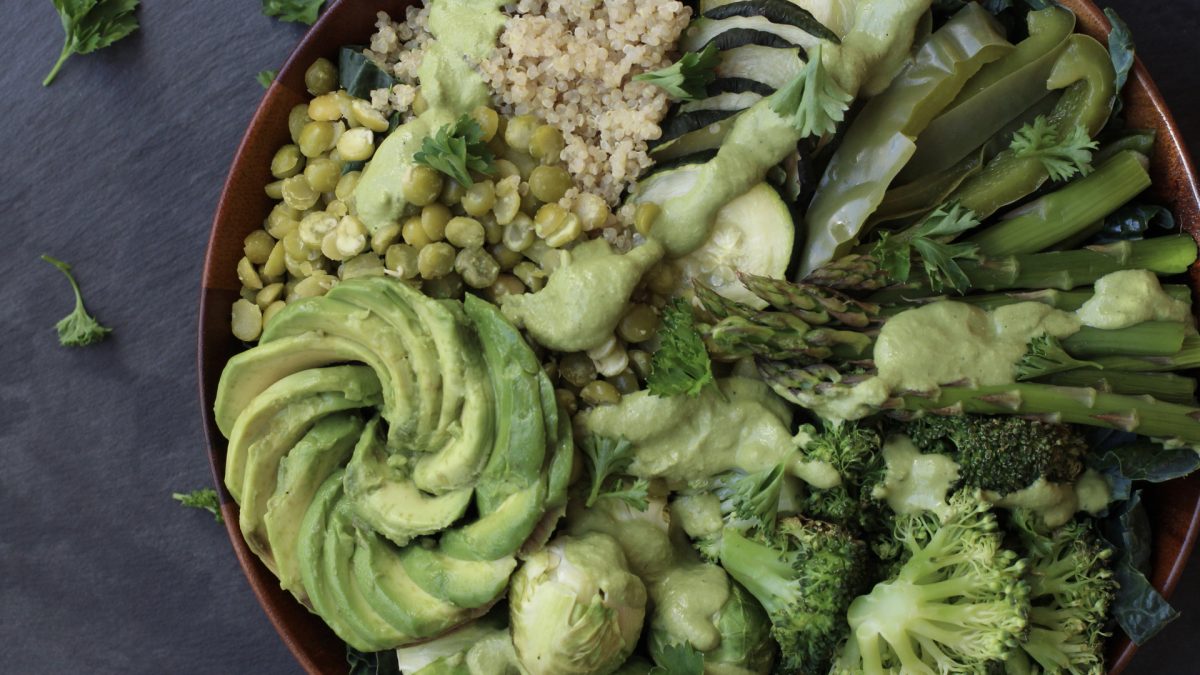
Treating Advanced Prostate Cancer with Diet: Part 1
Dr. Dean Ornish showed that a plant-based diet and lifestyle program could apparently reverse the...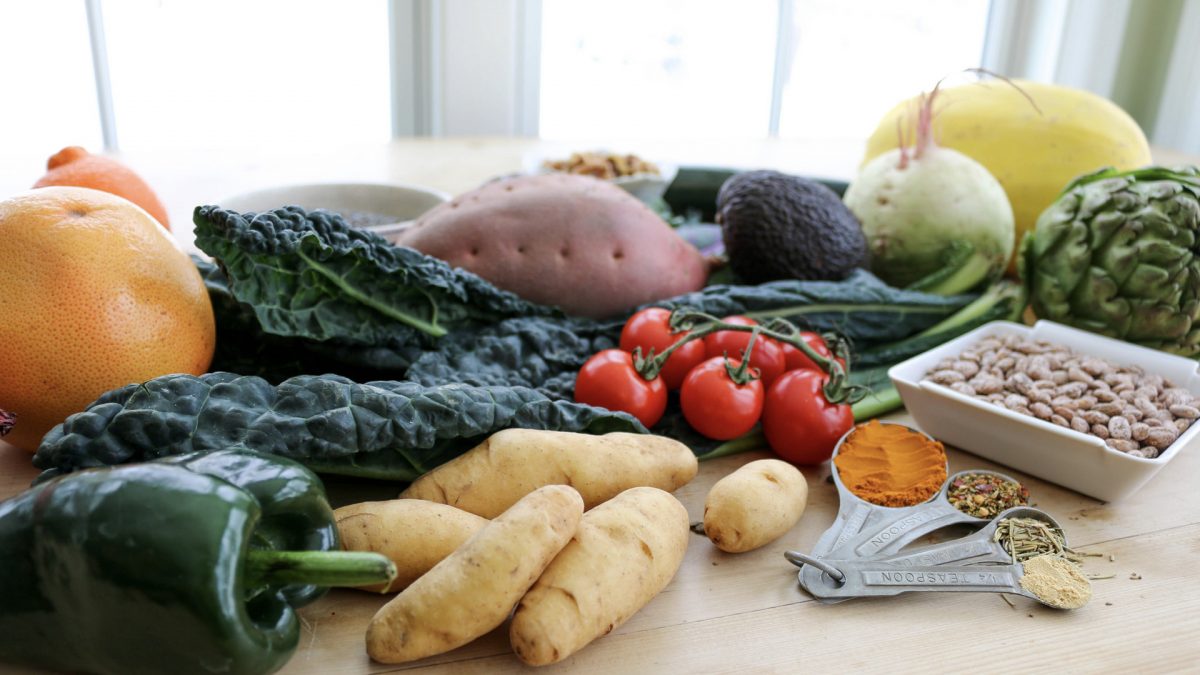
Treating Advanced Prostate Cancer with Diet: Part 2
What happens when metastatic prostate cancer patients were taught to increase intake of whole grains,...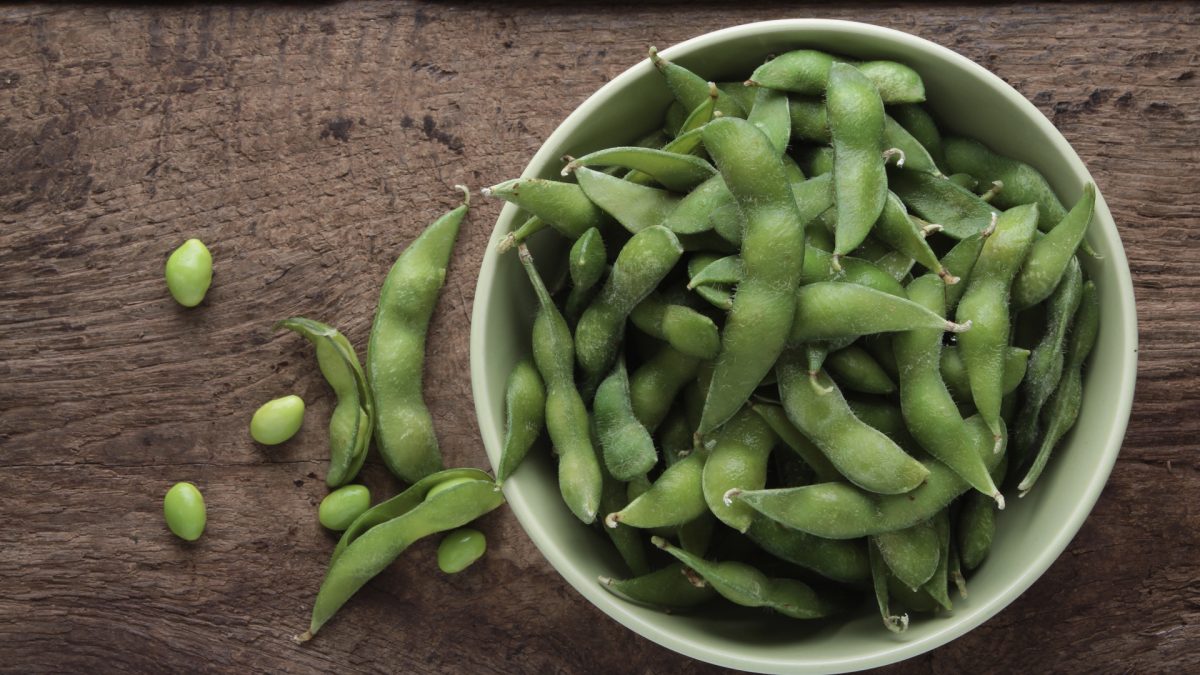
The Role of Soy Foods in Prostate Cancer Prevention & Treatment
Soy is put to the test for the treatment of prostate cancer.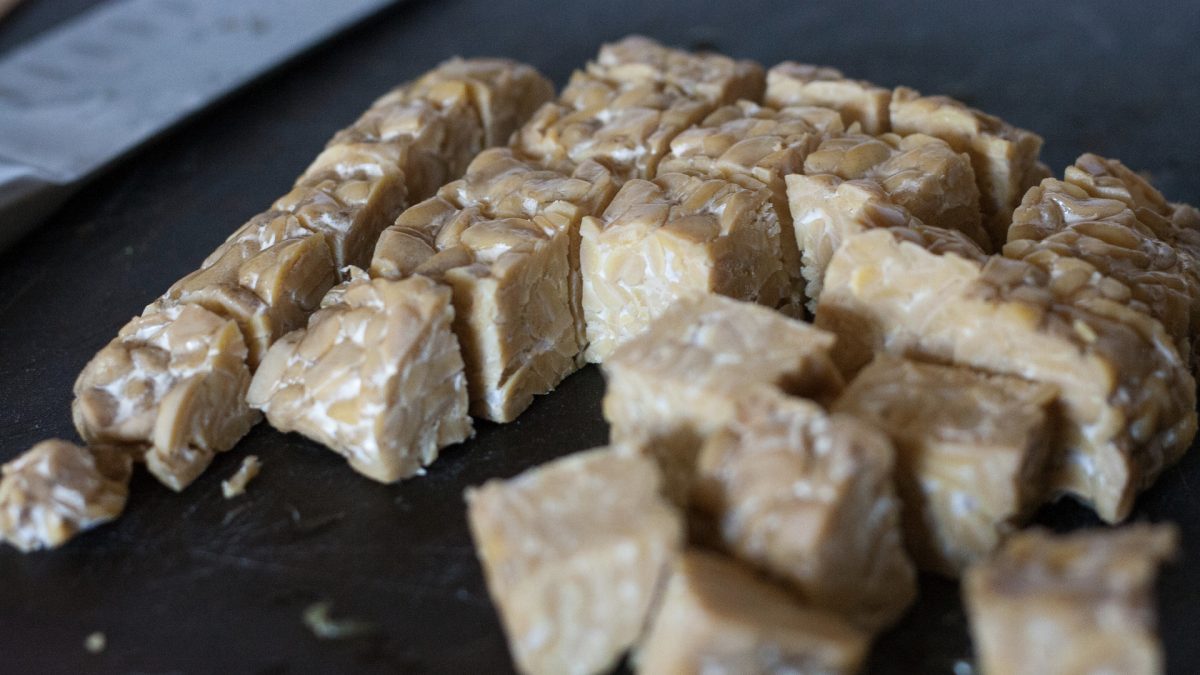
Fermented or Unfermented Soy Foods for Prostate Cancer Prevention?
Which appear more protective: fermented soy foods, such as miso and tempeh, or unfermented soy,...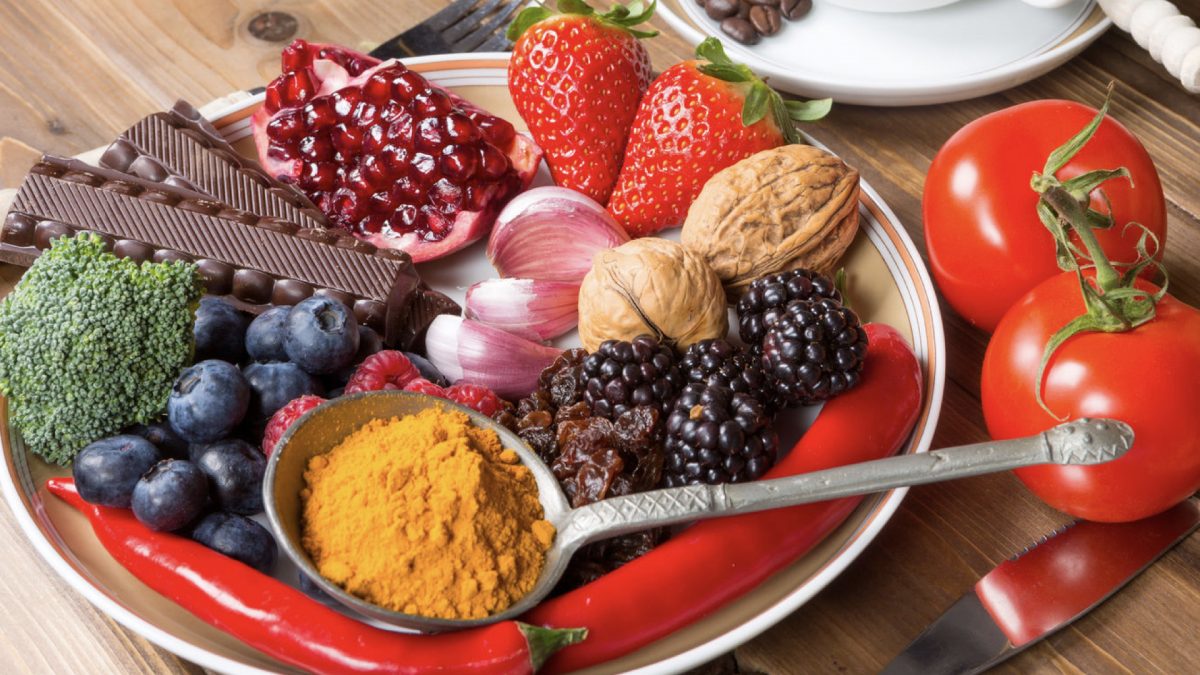
Best Supplements for Prostate Cancer
What would happen if you secretly gave cancer patients four of the healthiest foods?
Treating Prostate Cancer with Green Tea
Green tea is put to the test against precancerous lesions, prostate cancer, and metastatic cancer,...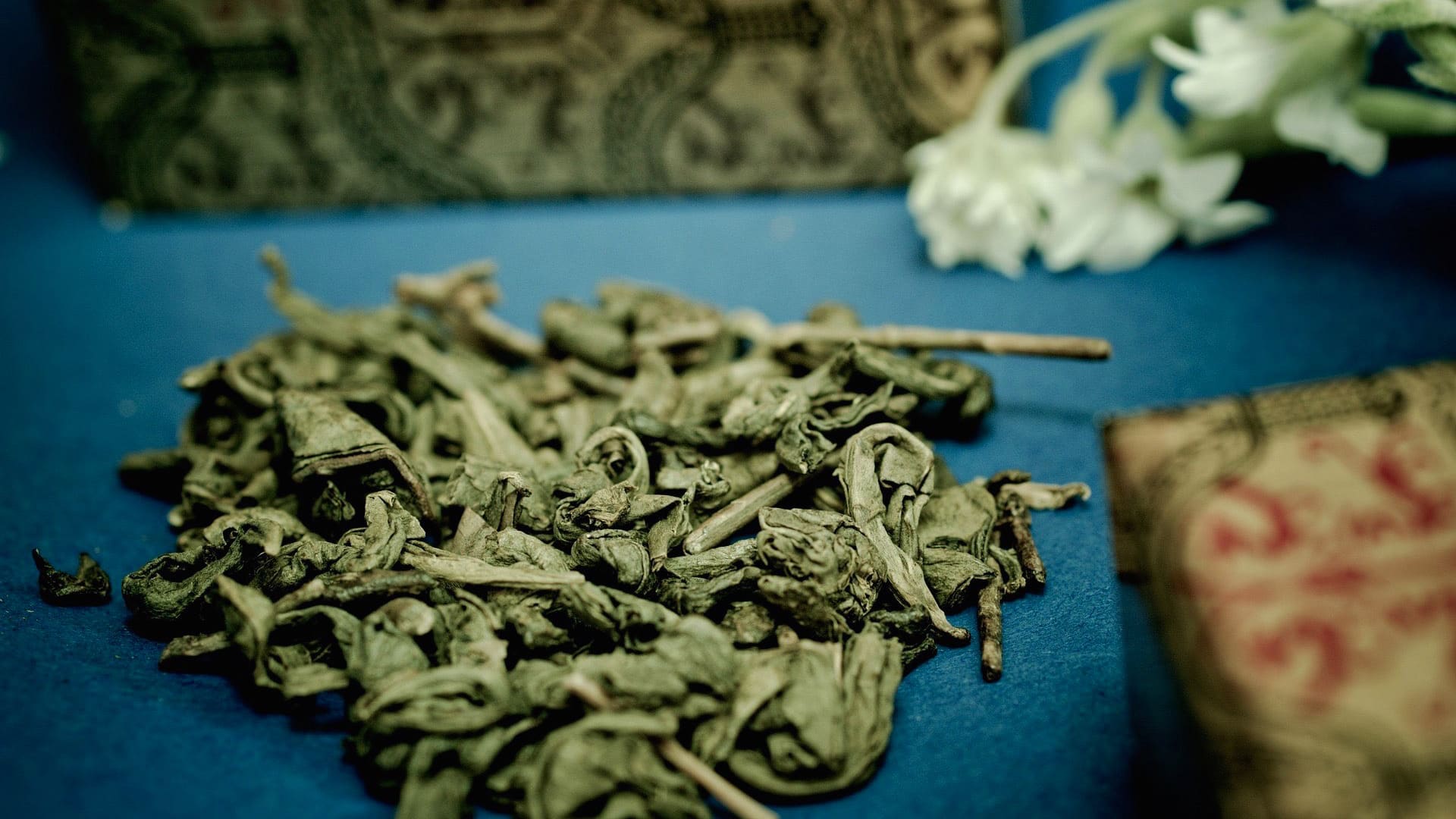
Preventing Prostate Cancer with Green Tea
One third of men in their 30s may already have tiny, cancerous tumors in their...
Changing a Man’s Diet After a Prostate Cancer Diagnosis
Might appeals to masculinity and manhood help men with prostate cancer change their diet to...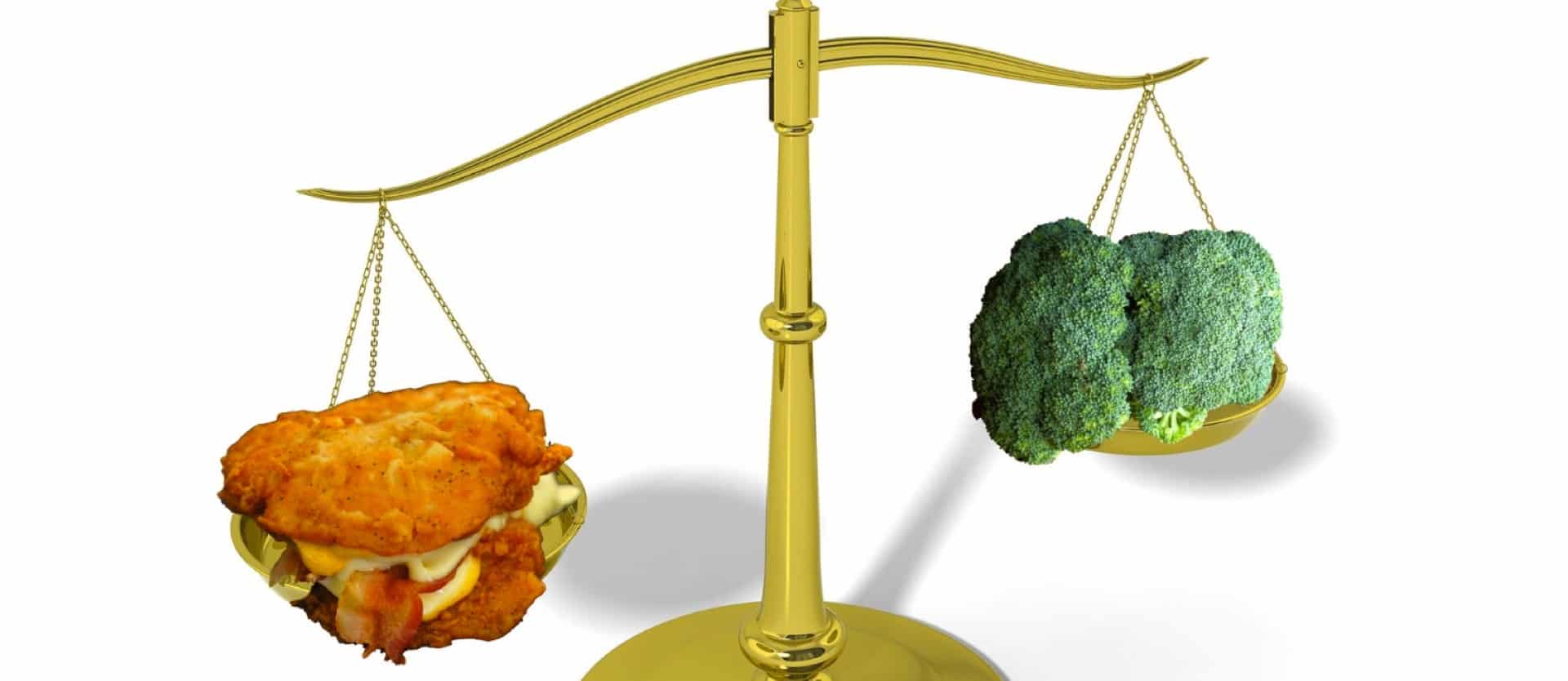
Prostate Cancer Survival: The A/V Ratio
Reducing the ratio of animal to plant protein in men’s diets may slow the progression...All Videos for Prostate Cancer
-

How to Slow Cancer Growth
At this very moment, many of us have tumors growing inside our bodies, so we cannot wait to start eating and living more healthfully.
-

Risks of NAD+ Boosting Supplements
Particular caution should be used for NAD+-boosting supplements by those with cancer, a personal or strong family history of cancer and perhaps also by those with inflammatory disorders and certain active infections.
-

The Best Way to Boost NAD+: Supplements vs. Diet (webinar recording)
The pros and cons of all the NAD+ supplements and what are the ways to boost NAD+ naturally with diet and lifestyle?
-

Do Vitamin E Supplements Have Benefits for Cancer, Immunity, and Longevity?
Those who buy vitamin E supplements may in effect be paying to live a shorter life.
-

Can Alzheimer’s Disease Be Reversed with a Plant-Based Diet?
Dr. Dean Ornish publishes the first randomized controlled trial investigating whether a plant-based diet and lifestyle program may reverse the course of early-stage Alzheimer’s disease.
-

The Pros and Cons of Testing PSA Levels for Prostate Cancer
Given the clear harms and the small and uncertain benefits, most men would presumably decide to decline PSA testing if they knew all the facts, but that’s up to each man to decide.
-

Do Hair Dyes Cause Cancer?
Is the higher rate of bladder cancer among hairdressers due to exposure to hair dyes? And what about at-home use of hair colorants?
-

Is Soy Milk the Most Nutritious Non-Dairy Milk?
Soy milk is compared to dairy milk and other plant-based milks.
-

Vitamin D Supplements Tested for COPD, Heart Disease, Depression, Obesity, and Cancer Survival
Before watching the video, can you guess which conditions vitamin D has actually been proven to work for in randomized, double-blind, placebo-controlled trials?
-

The Impacts of Plant-Based Diets on Breast Cancer and Prostate Cancer
Why do people who eat more plants get less breast and prostate cancer?
-

The Role of Kimchi and H. Pylori in Stomach Cancer
What explains the Achilles’ heel in certain Asian diets?
-

How Much Does Chemotherapy Improve Survival?
If you put together all of the new chemo drugs that had been approved over a dozen years, the average overall survival benefit is only 2.1 months.
-

Natural Dietary Treatments for Enlarged Prostate BPH
Cranberries and pumpkin seeds are put to the test for benign prostatic hypertrophy.
-

How Much Cancer Does Processed Meat Cause?
I quantify the risks of colon and rectal cancers from eating bacon, ham, hot dogs, sausage, and lunch meat.
-

The Carcinogen Glycidol in Cooking Oils
Glycidol may help explain why people who eat fried foods get more cancer.
-

Pomegranate: A Natural Treatment for Rheumatoid Arthritis
Pomegranates are put to the test for weight loss, diabetes, COPD, prostate cancer, osteoarthritis, and rheumatoid arthritis.
-

Fighting the Ten Hallmarks of Cancer with Food
The foundation of cancer prevention is plants, not pills.
-

White Button Mushrooms for Prostate Cancer
What can reishi mushrooms, shiitake mushroom extracts, and whole powdered white mushrooms do for cancer patients?
-

How to Help Control Cancer Metastasis with Diet
Randomized controlled trials show lowering saturated fat intake can lead to improved breast cancer survival.
-

What Causes Cancer to Metastasize?
Palmitic acid, a saturated fat concentrated in meat and dairy, can boost the metastatic potential of cancer cells through the fat receptor CD36.
-

Vegetarians and Stroke Risk Factors—Animal Protein?
Might animal protein-induced increases in the cancer-promoting grown hormone IGF-1 help promote brain artery integrity?
-

Vegetarians and Stroke Risk Factors—Saturated Fat?
How can we explain the drop in stroke risk as the Japanese diet became Westernized by eating more meat and dairy?
-

Do the Health Benefits of Coffee Apply to Everyone?
Genetic differences in caffeine metabolism may explain the Jekyll and Hyde effects of coffee.
-

Dairy and Cancer
How do we explain the increased risk of prostate cancer but the decreased risk of colon cancer associated with dairy consumption?
-

Benefit of Dates for Colon Health
Seven dates a day for three weeks are put to the test in a randomized controlled trial.
-

Oxidized Cholesterol 27HC May Explain 3 Breast Cancer Mysteries
Oxidized cholesterol (concentrated in products containing eggs, processed meat, and parmesan cheese) has cancer-fueling estrogenic effects on human breast cancer.
-

Eggs and Breast Cancer
How few eggs should we eat to reduce the risk of prostate, ovarian, colon, and breast cancer?
-

The Best Advice on Diet and Cancer
What does the best available balance of evidence say right now about what to eat and what to avoid to reduce your risk of cancer?
-

How to Win the War on Cancer
How effective is chemotherapy for colon, lung, breast, and prostate cancers?
-

Viagra and Cancer
What is the role of erectile dysfunction drugs like Cialis and Levitra in the promotion and progression of prostate cancer and melanoma?
-

Shark Cartilage Supplements Put to the Test to Cure Cancer
Shark cartilage supplements carry risks, but so do many cancer treatments. The question is, do they work?
-

Can Alcohol Cause Cancer?
If even light drinking can cause cancer, why don’t doctors warn their patients about it?
-

Breast Cancer and the 5-Year Survival Rate Myth
After you watch this video, you’ll know more than an estimated 97 percent of doctors about a critical concept called lead-time bias.
-

Women Deserve to Know the Truth About Mammograms
What do nine in ten women say they were never told about mammograms, even though they thought they had the right to know?
-

Mammogram Recommendations: Why the Conflicting Guidelines?
When women are fully informed about the risks and benefits of mammograms, 70 percent may choose not to get screened. You may be in that 30 percent who opts to get a mammogram and absolutely have the right to decide for yourself.
-

How to Convert Into an Equol Producer
Certain gut bacteria can supercharge the benefits of soy foods, resulting in even more bone protection, better control of menopausal symptoms, and lower prostate cancer risk, but how can we foster the growth of these good bacteria?
-

Tomato Sauce vs. Prostate Cancer
What happened when cancer patients were given three quarters of a cup of canned tomato sauce every day for three weeks?
-

Lycopene Supplements vs. Prostate Cancer
High doses of lycopene—the red pigment in tomatoes—were put to the test to see if it could prevent precancerous prostate lesions from turning into full-blown cancer.
-

Are Avocados Healthy?
Avocado consumption can improve artery function, but what effect might guacamole have on cancer risk?
-

Treating Advanced Prostate Cancer with Diet: Part 2
What happens when metastatic prostate cancer patients were taught to increase intake of whole grains, vegetables, fruits, and beans, and to decrease consumption of meat, dairy, and junk?
